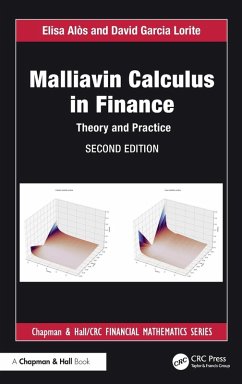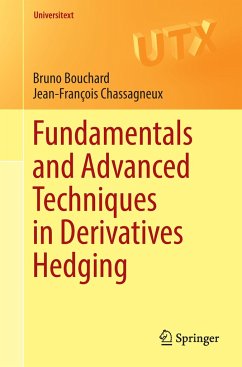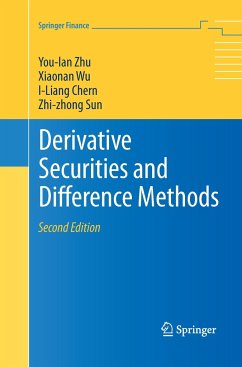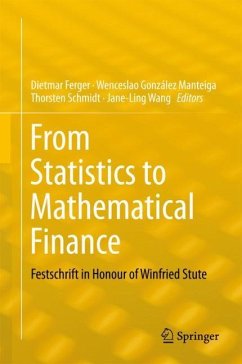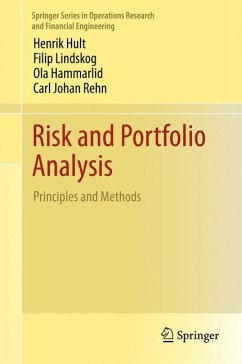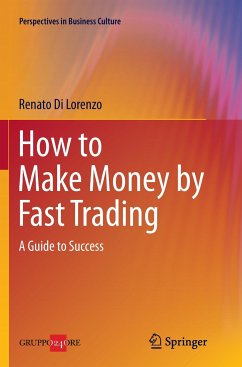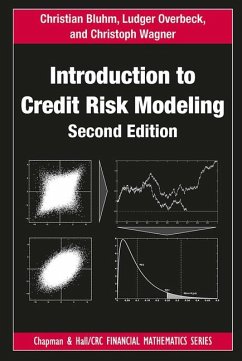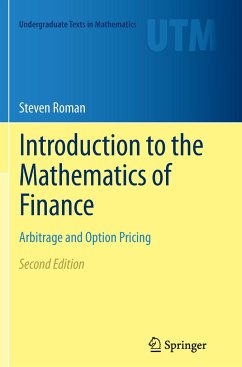
Quantitative Finance with Python
A Practical Guide to Investment Management, Trading, and Financial Engineering

PAYBACK Punkte
50 °P sammeln!
Quantitative Finance with Python: A Practical Guide to Investment Management, Trading and Financial Engineering bridges the gap between the theory of mathematical finance and the practical applications of these concepts for derivative pricing and portfolio management. The book provides students with a very hands-on, rigorous introduction to foundational topics in quant finance, such as options pricing, portfolio optimization and machine learning. Simultaneously, the reader benefits from a strong emphasis on the practical applications of these concepts for institutional investors.FeaturesUseful...
Quantitative Finance with Python: A Practical Guide to Investment Management, Trading and Financial Engineering bridges the gap between the theory of mathematical finance and the practical applications of these concepts for derivative pricing and portfolio management. The book provides students with a very hands-on, rigorous introduction to foundational topics in quant finance, such as options pricing, portfolio optimization and machine learning. Simultaneously, the reader benefits from a strong emphasis on the practical applications of these concepts for institutional investors.
Features
Useful as both a teaching resource and as a practical tool for professional investors.Ideal textbook for first year graduate students in quantitative finance programs, such as those in master's programs in Mathematical Finance, Quant Finance or Financial Engineering.Includes a perspective on the future of quant finance techniques, and in particular covers some introductory concepts of Machine Learning.Free-to-access repository with Python codes available at www.routledge.com/ 9781032014432 and on https://github.com/lingyixu/Quant-Finance-With-Python-Code.
Features
Useful as both a teaching resource and as a practical tool for professional investors.Ideal textbook for first year graduate students in quantitative finance programs, such as those in master's programs in Mathematical Finance, Quant Finance or Financial Engineering.Includes a perspective on the future of quant finance techniques, and in particular covers some introductory concepts of Machine Learning.Free-to-access repository with Python codes available at www.routledge.com/ 9781032014432 and on https://github.com/lingyixu/Quant-Finance-With-Python-Code.





